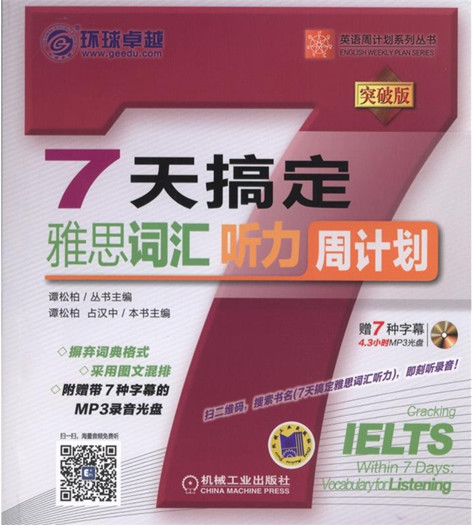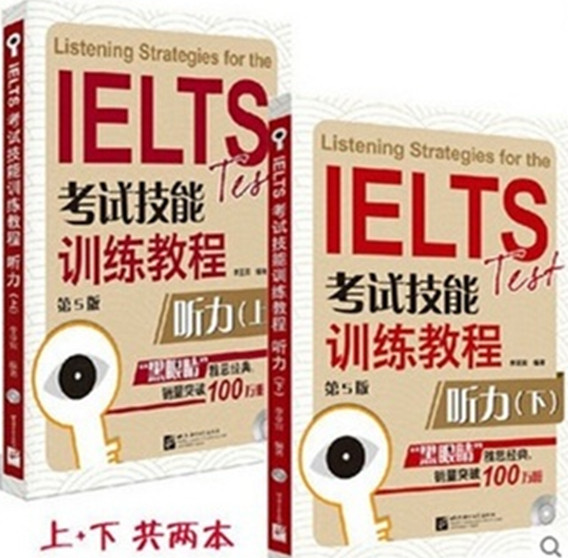雅思口语Part3参考范文:Describe a historical person that you are interested
1. How can people learn about history? 人们如何学习历史?
Well, in a variety of ways, I guess. For example, by attending History classes and listening to an experienced teacher who won't just retell past events making everyone fall asleep but connect those events to today placing a great emphasis on how people could learn from past mistakes and succeed in the world of tomorrow, which will hold attention during the lecture and survive in memory for years. One more fun and enriching way to learn history is visiting historical sites, memorials and museums. Such places help to bring history alive in a very specific and unique context letting people be active in their learning a construct their own knowledge of history. People can also learn about the past talking to those who lived it, I say grandparents or veterans, watch films and documentaries which depict historical events and even reading historical novels. So, there are lots of options these days indeed.
2. Will museums be replaced by technology someday? 有一天,博物馆能被科技代替吗?
un, it may well happen. In the grand scheme of things, society doesn't need museums, it needs mechanisms for selecting, preserving and communicating information about our past and present. Even these days a powerful website can deliver much more information than a powerful exhibition, and that gives rise to a suggestion that museums can be totally replaced by technology in the future. But I think it's a long-term perspective. Considering a short-term perspective, I think technology will replace not museums themselves but staff working in them. I am certain quite soon digital tickets will replace physical ones as well as personal digital guides will replace interpretive staff. Oh, and one more thing I can predict for the coming decades is that hand-craft will be replaced by 3D printing.
3. Are history museums useful? 历史博物馆有用吗?
Definitely, yes. They are great informal learning environments for both children and adults. They bring history to life giving people a chance to get up close to artefacts which are a kind of portals to the past. Museum exhibits always inspire interest and engage with history, especially when visitors can not only take a closer look at them but also perform different tasks with their help. Doing so helps visitors make connections between objects and specific past events. In making these connections, people are challenged and encouraged to think in new ways. To sum up, objects and interactive experiences offer countless possibilities and endless discoveries, for each museum visitor and that's why history museums which provide this unique Interactive experience are really useful.
4. Should museums be free? 博物馆应该免费吗?
Well, it's a tricky question. There is no doubt everyone should have access to cultural resources and educational opportunities museums offer. But I don't think museums should be free for everyone or all the time 'cause they need to pay the bills somehow. I mean they need money to advertise themselves and this way inform people about their exhibitions and installations. They also need financial resource to obtain and restore artefacts for museum exhibits, create engaging educational tools, personal digital guides and interactives exhibits. I don't think all this is possible without money or only with government grants. So, I would say museums can be free for students and the elderly but shouldn't be free for solvent men and tourists.
- 08-04·2018年雅思口语模拟试题:生物学
- 07-16·2018年雅思口语模拟试题:听音乐
- 07-16·2018年雅思口语模拟试题:分类工艺类
- 07-16·2018年雅思口语模拟试题:关于你喜欢的广告
- 07-16·2018年雅思口语模拟试题:动物类
- 12018-07-122018年5-8月雅思口语新题预测(58篇)
- 22018-07-122018年5-8月雅思考试Part1口语预测汇总
- 32018-06-112018年5-8月雅思口语Part2新题预测(42篇)
- 42018-05-222018年1-4月雅思口语新题预测汇总
- 52018-01-292018年1-4月雅思口语题库话题预测汇总
编辑推荐
- 模拟试题
- 历年真题





